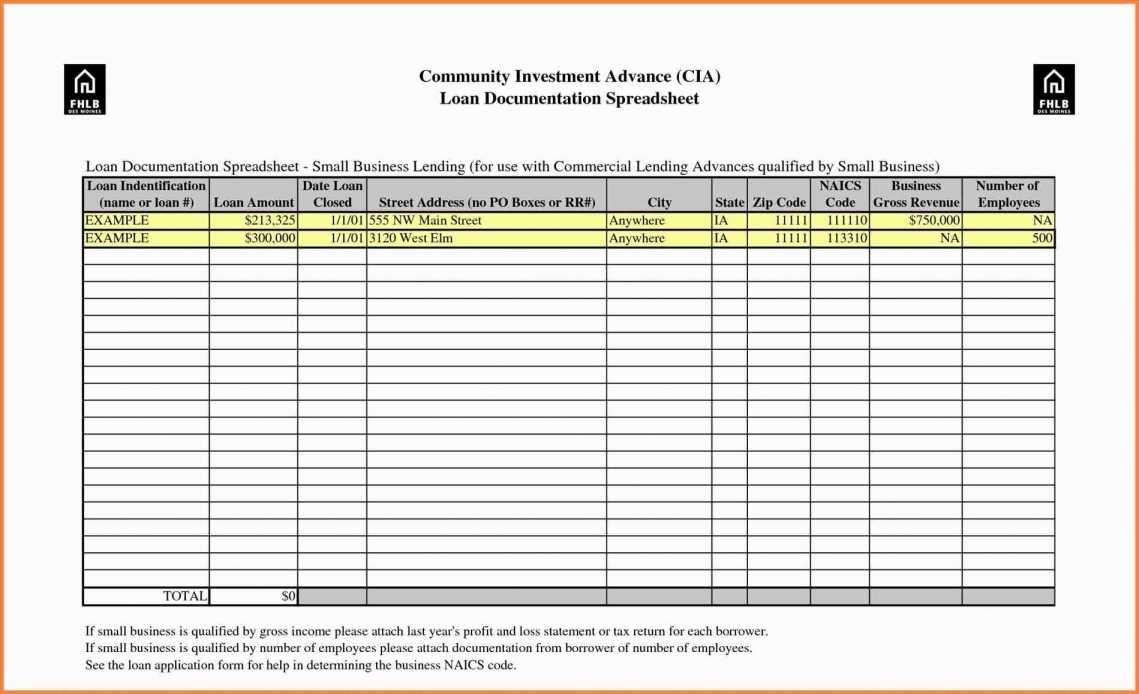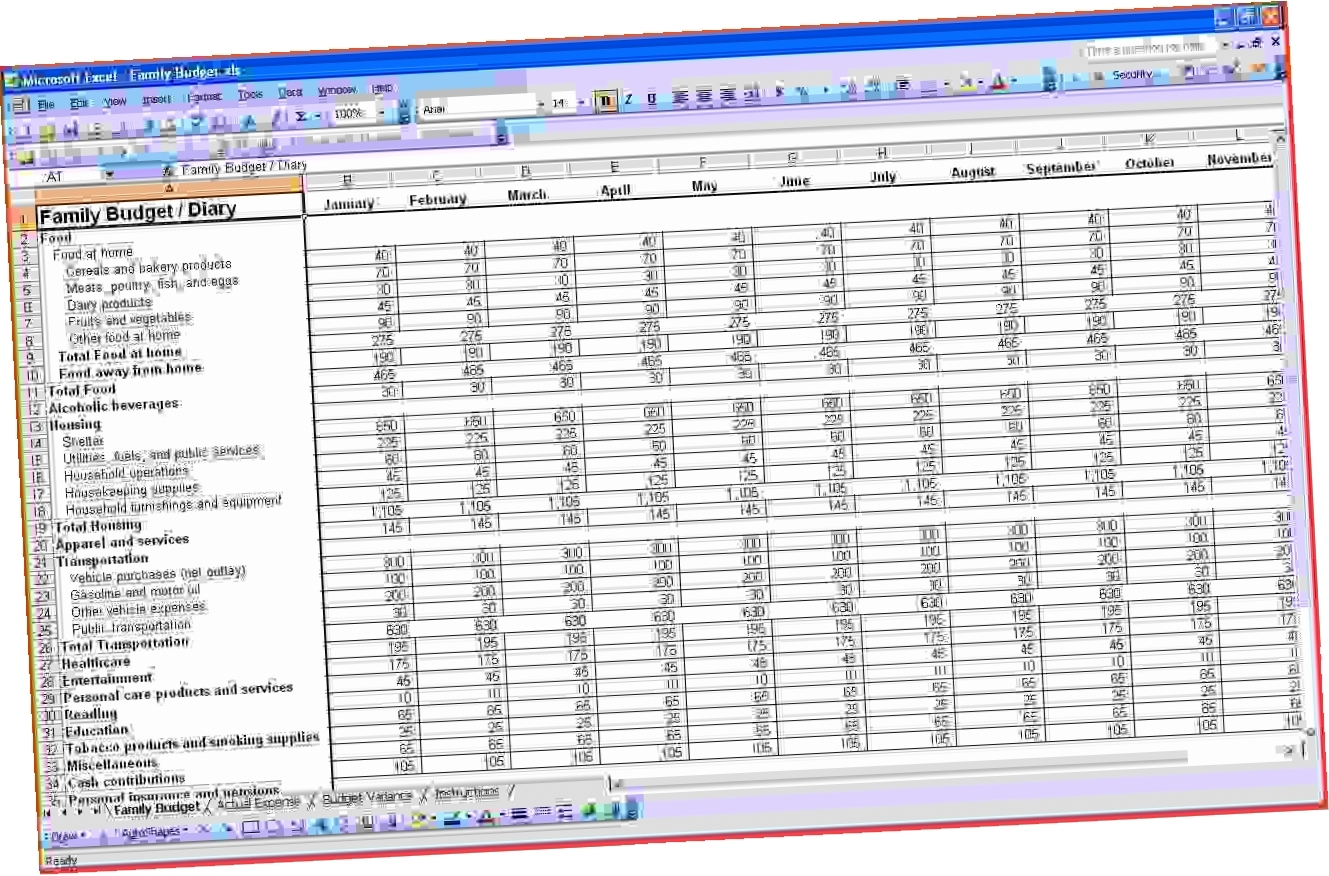

There are plenty of software options available too. Now, accounting software has made it much easier to collate, read and then report on your accounting. It used to be that accounts were recorded using physical books and pens, which meant laborious data entry by hand, with human error being common. The first thing you need to know about bookkeeping for a small business is that technology has changed the game entirely. The basics of bookkeeping for a small business The more you know about bookkeeping for a small business and some basics of accounting, the better you’ll manage your finances and start growing your business. But without it, your small business will struggle to succeed.

We’ll cover those options in more detail, but one thing to remember is that it’s always a good idea to have a meeting with a certified accountant before you launch your business (or as soon as possible if you’re already trading).Īll businesses are different and will have to approach their bookkeeping in slightly different ways. While small business bookkeeping can seem daunting, there are ways to make it easier for yourself. These are the bare minimum when it comes to the basics of accounting and should form the basis of all bookkeeping for a small business.
You won’t have a good idea of how much you’re earning, nor how much you’re spending. The fact is that if you ignore your bookkeeping, you will have an extremely limited view of your company’s finances.
BOOKKEEPING FOR SMALL BUSINESS HOW TO
Sounds simple, right? Well, despite that seeming simplicity, most small business owners have little to no understanding of what bookkeeping is, how to do it or why it’s so important. At its most basic, bookkeeping is simply recording all of a business’s financial transactions.


 0 kommentar(er)
0 kommentar(er)
